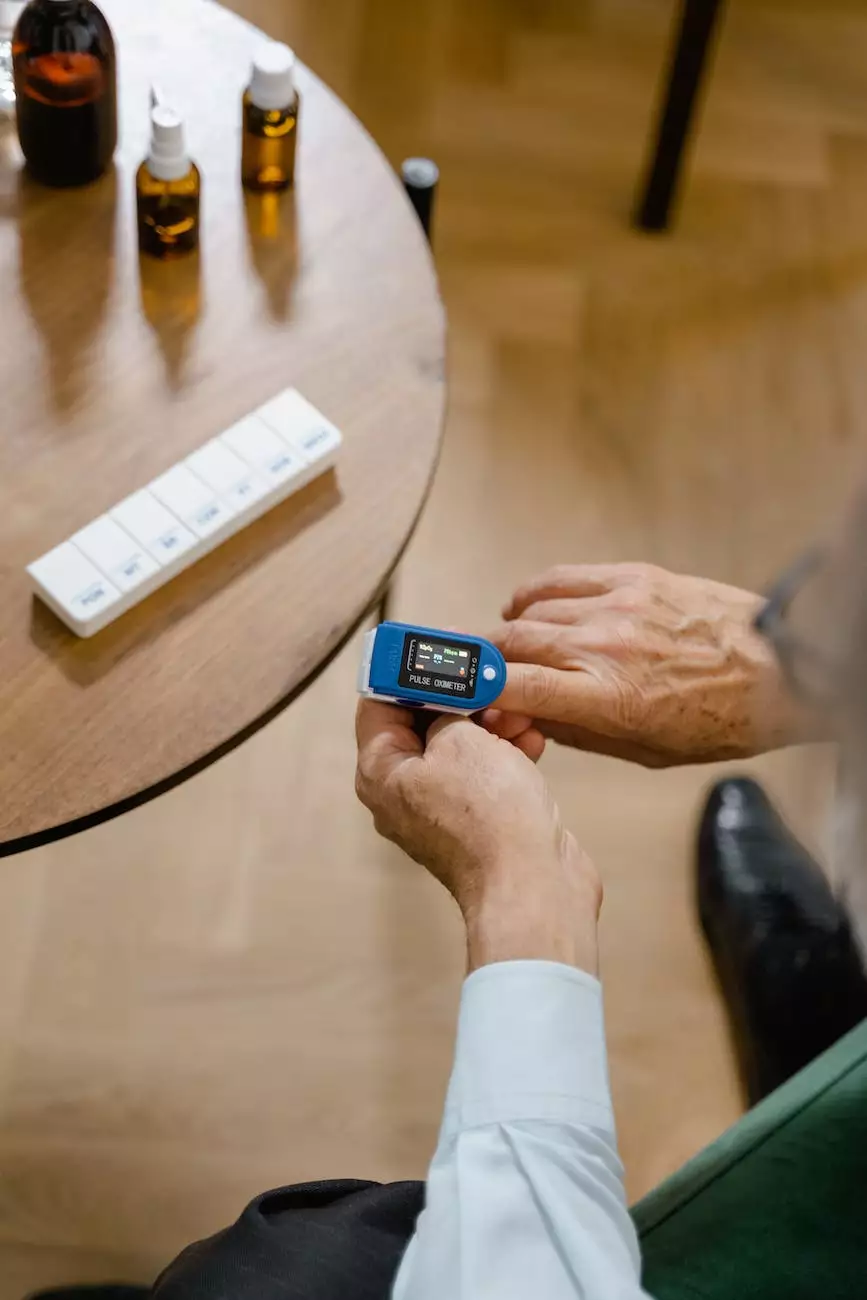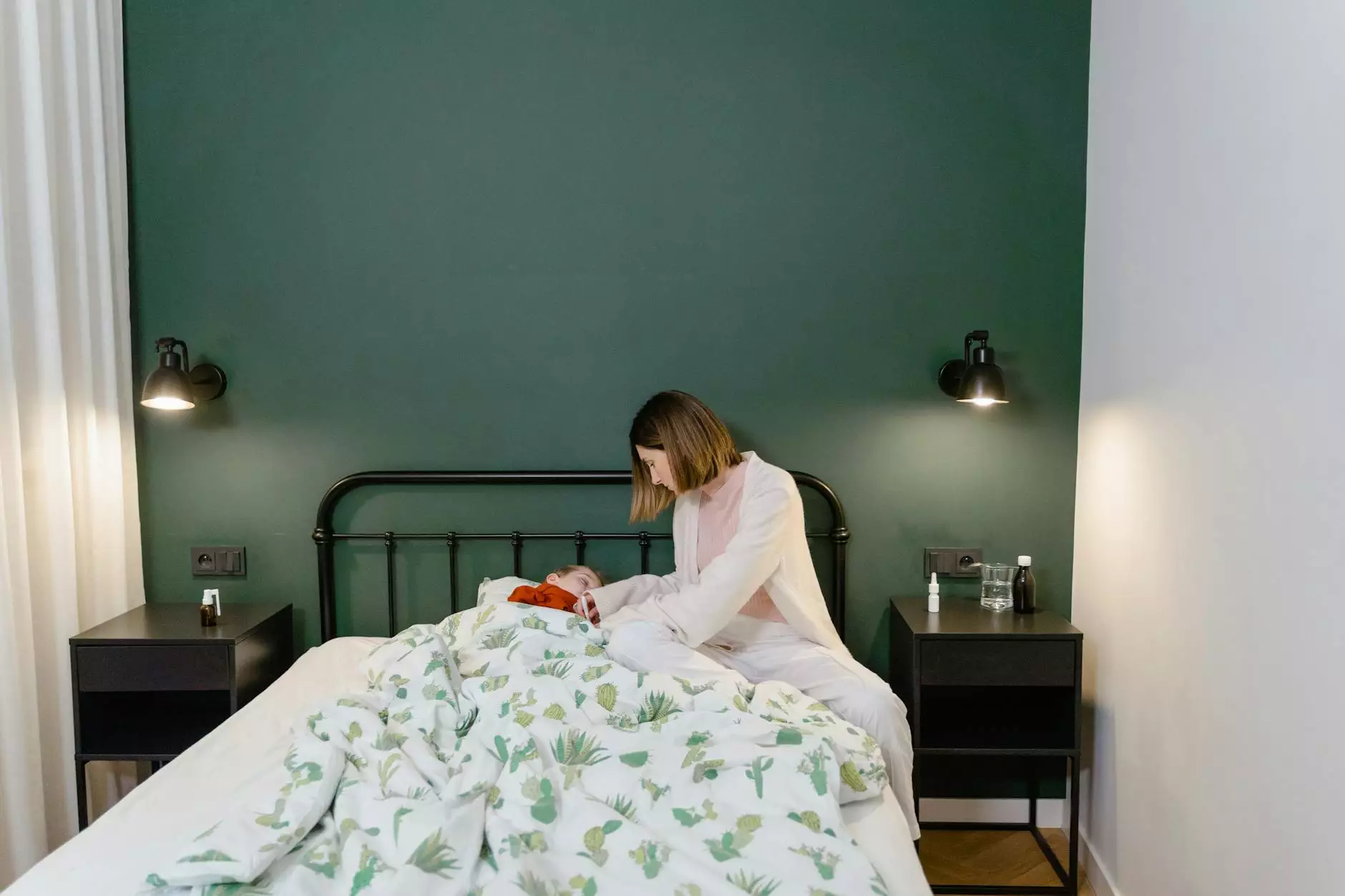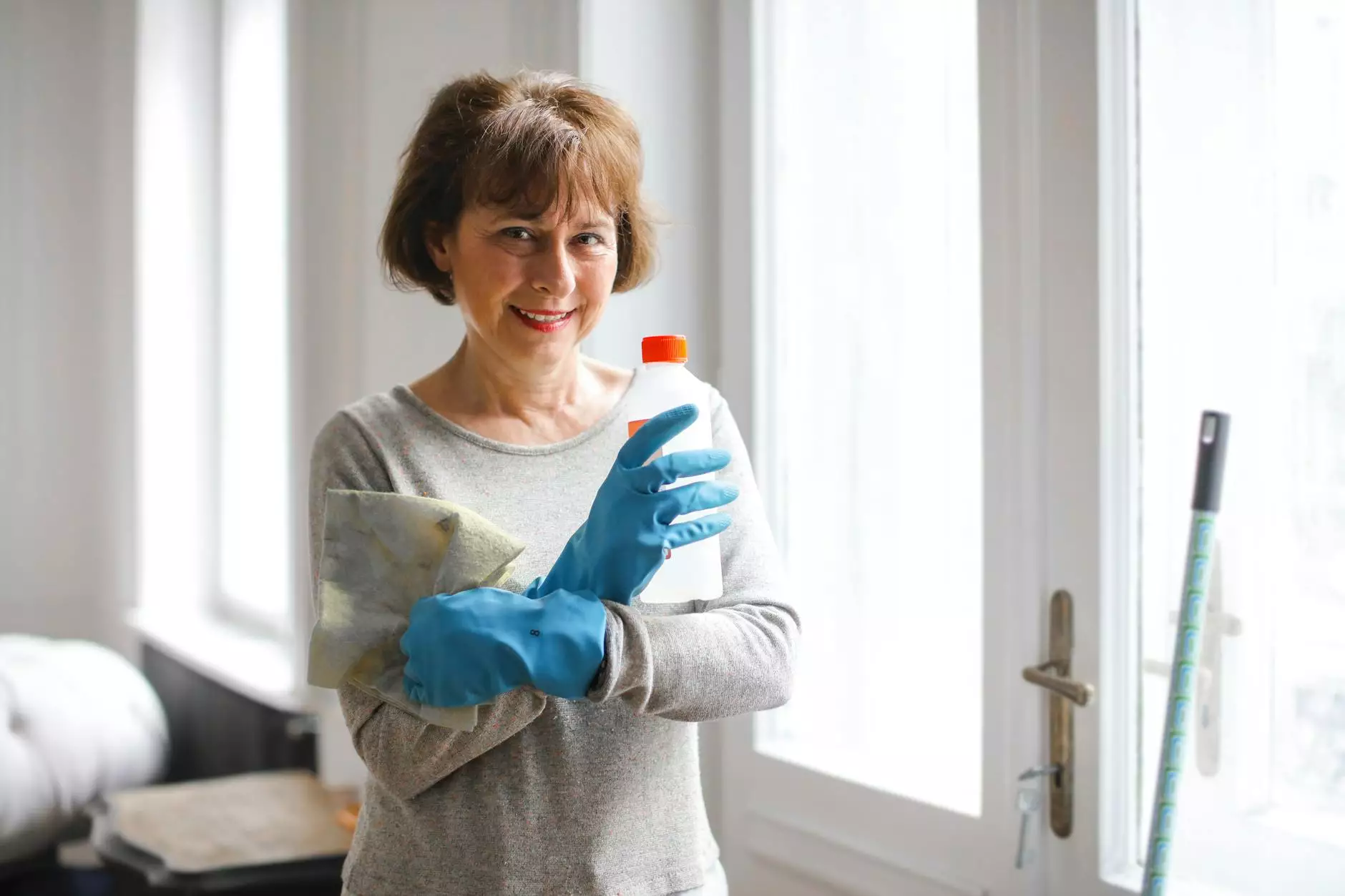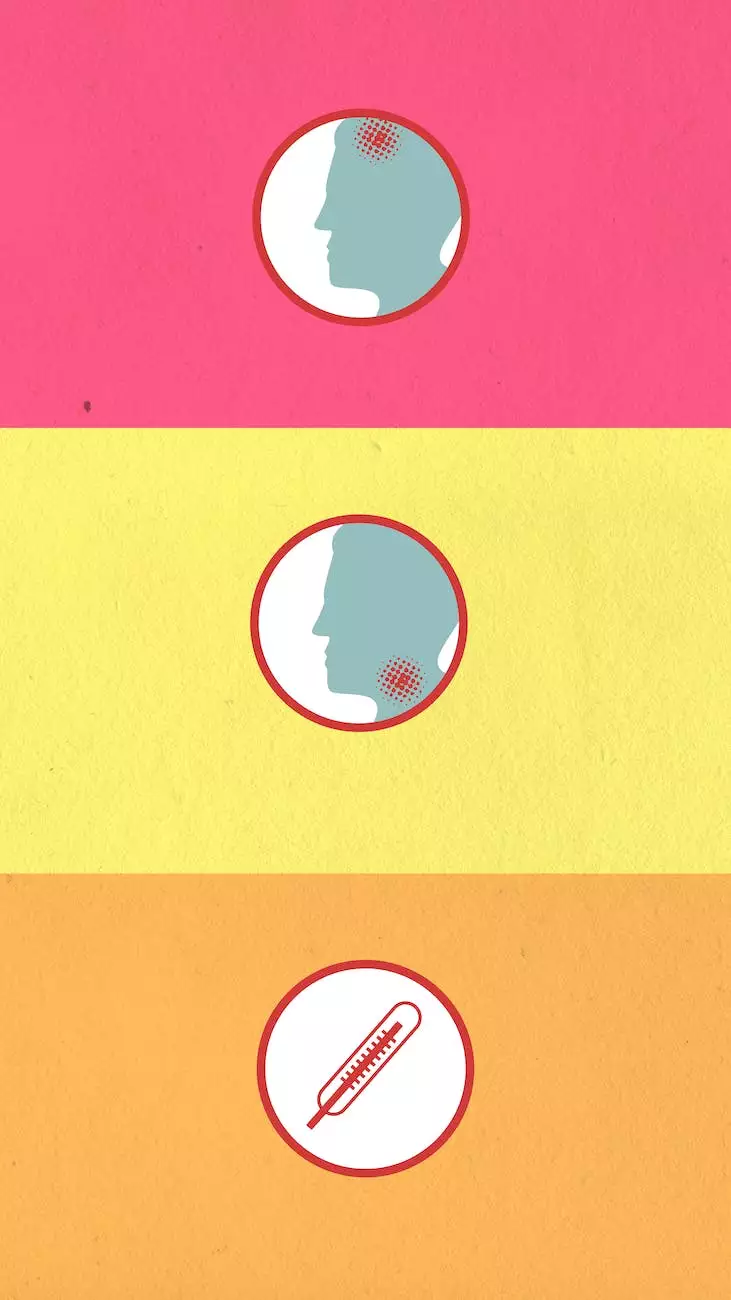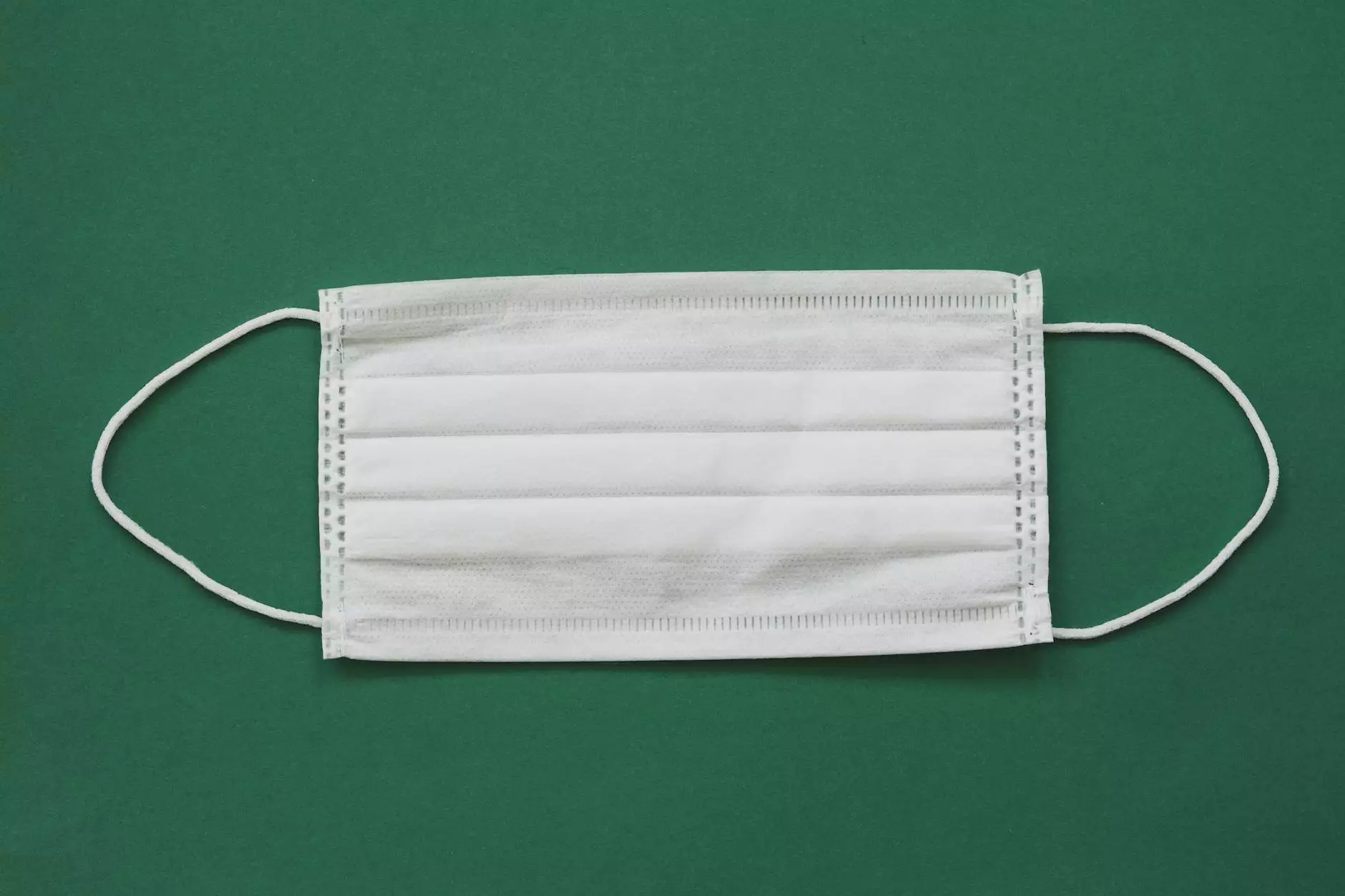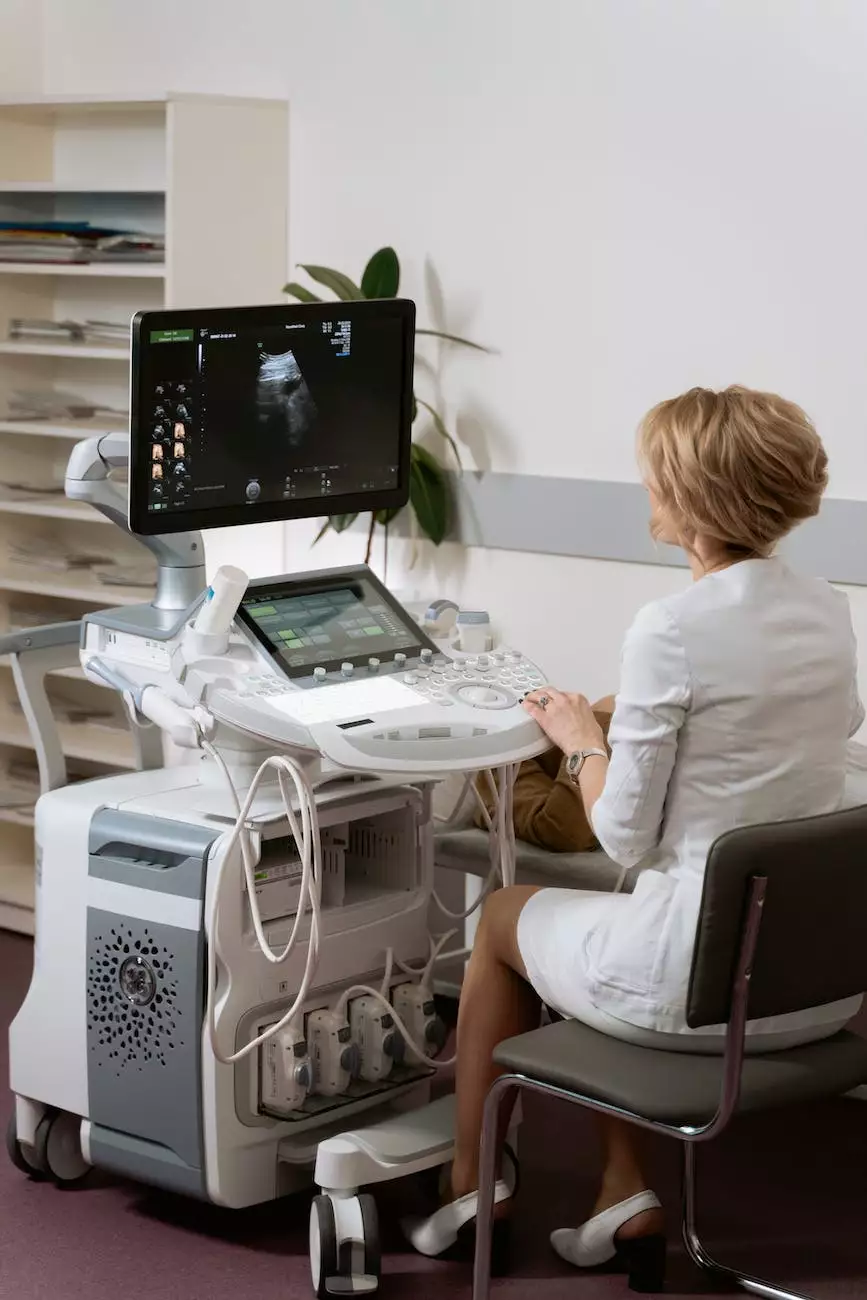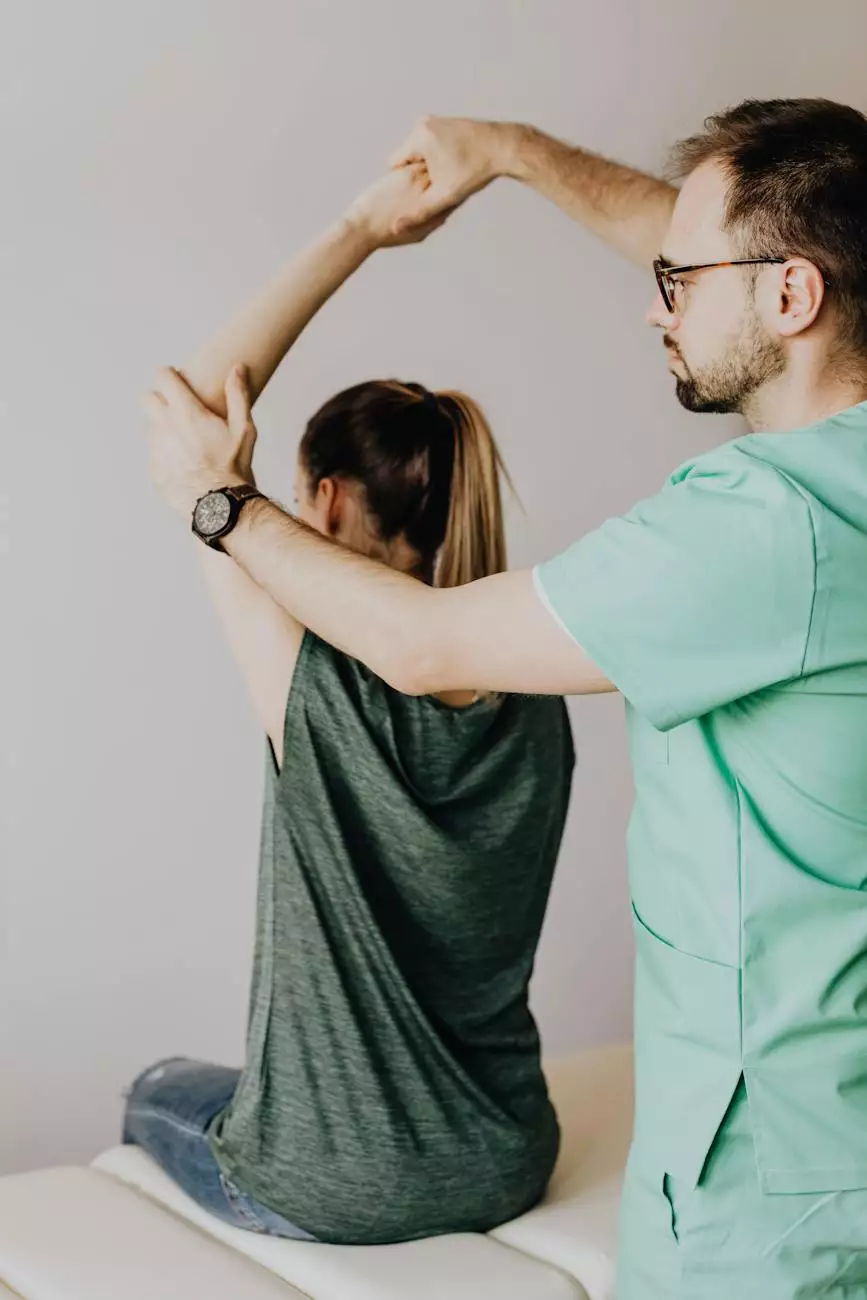Unveiling Sun Poisoning: Causes, Symptoms, Treatment and When to Seek Medical Help
Blog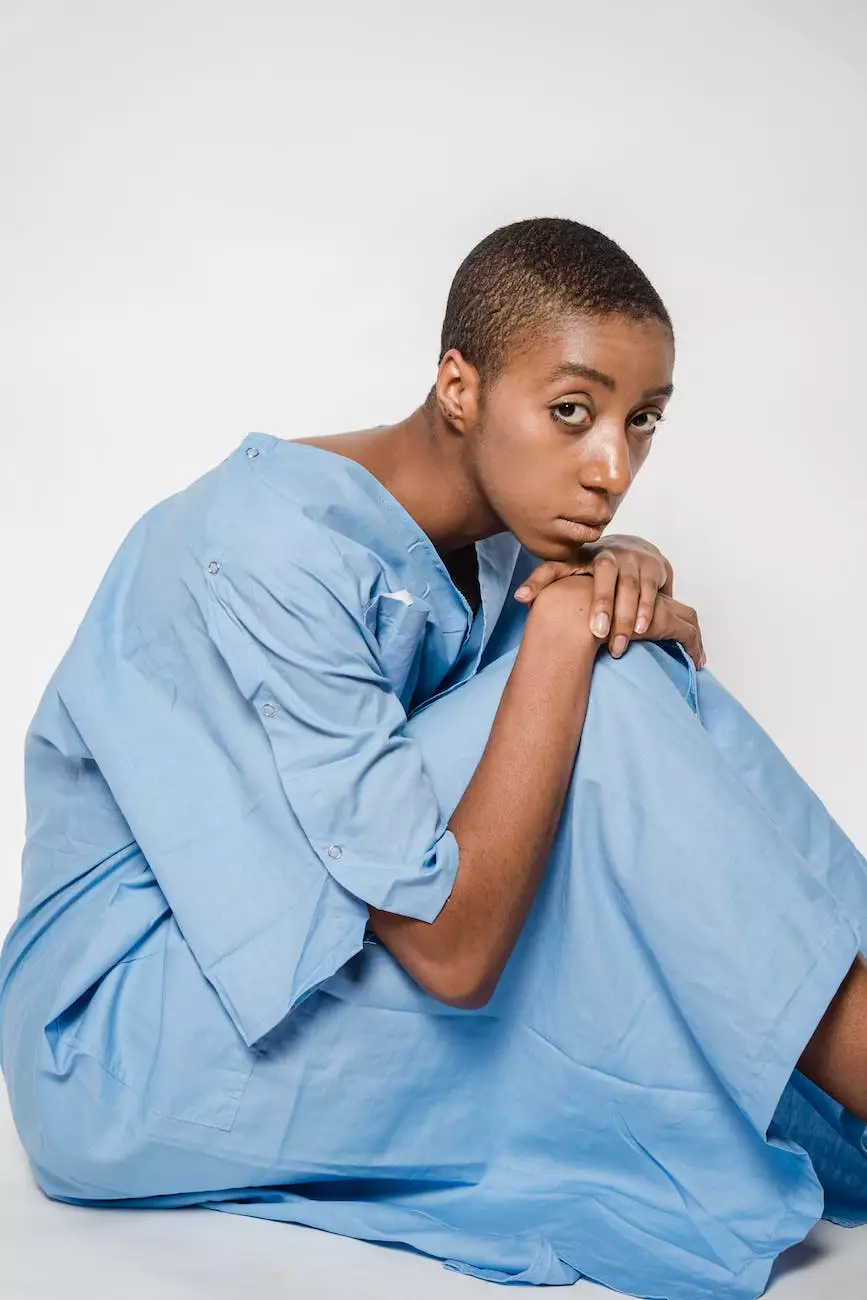
Introduction
Greetings! Welcome to Richard Martinez, MD, your trusted source for comprehensive health information. In this article, we will dive deep into the topic of sun poisoning, shedding light on its causes, symptoms, treatment options, and when it's crucial to seek medical assistance. Dr. Richard Martinez, a renowned expert in the field, is excited to share his extensive knowledge to help you understand and tackle sun poisoning effectively.
The Importance of Sun Protection
Before delving into the intricacies of sun poisoning, it's vital to highlight the importance of sun protection. Exposure to sunlight without appropriate safeguards can lead to various skin conditions and complications. Dr. Martinez emphasizes the significance of adopting preventive measures such as wearing broad-spectrum sunscreen, seeking shade when the sun is at its peak, and donning protective clothing. By following these precautions, you can significantly reduce the risk of sun poisoning.
Understanding Sun Poisoning
Sun poisoning, also known as photodermatitis, is a severe reaction of the skin to prolonged exposure to ultraviolet (UV) radiation from the sun or artificial sources like tanning beds. It is important to differentiate sun poisoning from a regular sunburn, as the former can present with more severe symptoms and complications.
Common Causes of Sun Poisoning
Sun poisoning can occur due to various factors, including:
- Excessive sun exposure
- Unprotected skin
- Sensitivity or allergies to UV radiation
- Certain medications
Recognizing the Symptoms
The symptoms of sun poisoning can vary from person to person, but often include:
- Severe sunburn
- Blisters and itching
- Swelling and redness
- Rash or hives
- Headache and dizziness
- Nausea or vomiting
- Fever and chills
Treatment Options
When dealing with sun poisoning, it is crucial to seek appropriate treatment to alleviate symptoms and prevent complications. Dr. Richard Martinez recommends the following methods:
1. Cool Compresses
Applying cool compresses to the affected areas can provide relief from pain and reduce inflammation.
2. Over-the-Counter Medications
Nonsteroidal anti-inflammatory drugs (NSAIDs) like ibuprofen can help ease pain and reduce swelling caused by sunburn.
3. Hydration
Drinking plenty of water is essential to replenish lost fluids and prevent dehydration, especially if you experience fever or vomiting.
4. Topical Treatments
Applying soothing creams, lotions, or aloe vera gel can help moisturize the skin and promote healing.
5. Medical Consultation
If your symptoms are severe, persistent, or accompanied by additional complications, it is imperative to schedule a consultation with Dr. Richard Martinez or a healthcare professional for further evaluation and guidance.
When to Seek Medical Help
While most cases of sun poisoning can be managed with home remedies, there are instances when medical attention becomes paramount:
1. Severe Symptoms
If you experience severe symptoms such as extreme pain, blistering, high fever, or difficulty breathing, seek medical help immediately.
2. Persistent Symptoms
If your symptoms worsen or fail to improve after a few days, it is essential to consult with a healthcare professional for a thorough evaluation.
3. Complications
Sun poisoning can sometimes lead to complications like infections, dehydration, or electrolyte imbalances. If you notice any signs of infection (increased redness, pus, or worsening pain), or if you have concerns about dehydration, reach out to a healthcare provider.
Prevention is Key
As the saying goes, prevention is better than cure. Dr. Richard Martinez encourages the adoption of these preventive measures to reduce the risk of sun poisoning:
1. Sunscreen
Apply a broad-spectrum sunscreen with a sun protection factor (SPF) of 30 or higher whenever you venture outdoors. Reapply every two hours or after swimming or excessive sweating.
2. Protective Clothing
Wear lightweight, long-sleeved shirts, pants, and wide-brimmed hats to shield your skin from harmful UV rays.
3. Seek Shade
Avoid direct sunlight, especially during peak hours (10 am to 4 pm). Seek shade under trees, umbrellas, or wear sun-protective clothing when outside.
Conclusion
Congratulations on completing an enlightening journey into the realm of sun poisoning. Armed with this comprehensive knowledge, you are now equipped to protect yourself and your loved ones effectively. Remember, Richard Martinez, MD, is always here to guide you on your health journey. Stay safe under the sun, prioritize sun protection, and enjoy the warmth without any worries!


